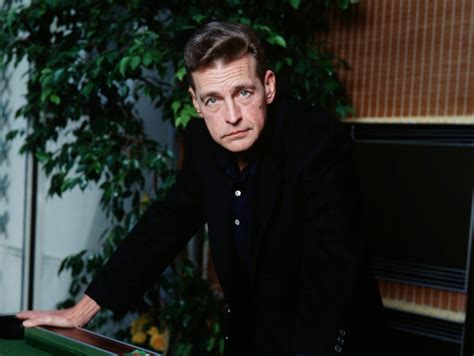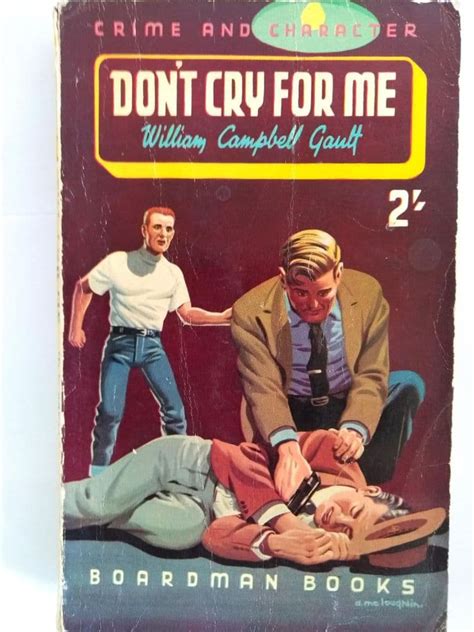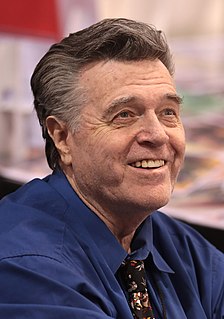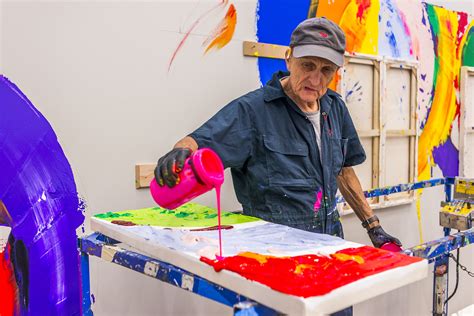A Quote by Franny Armstrong
I always carry a notepad with me, even on vacation. If I'm on the computer when the story 'hits', I open a Word document and start typing until I get it all out. I've got tons of notes that I never throw out. You never know when a story will strike!
Related Quotes
My most recent novel didn't start out scaring me, but as I got deeper into writing it, it scared me. It's not so much where the story's going. It's where it came from. I always come out of it thinking, Okay, that got it all outta me. The next one's gonna be nice and simple, and it's not gonna scare me, and that never seems to happen.
The Work always leaves you with less of a story.
Who would you be without your story?
You never know until you inquire.
There is no story that is you or that leads to you.
Every story leads away from you.
Turn it around; undo it.
You are what exists before all stories.
You are what remains when the story is understood.
It's the thing I struggle with every day: the mental diligence and stamina needed to sit in front of the computer, open the file, start writing and to keep doing so, word after word, until I've created the next story. A combination of learning disability and chronic health issues make that the hardest thing for me.
You find there's no magic trick, sometimes in the shower, sometimes you're just lying in bed calm, sometimes you're just enjoying life and just have a notepad, it's never far away. Always have a notepad on you, because you never know what's going to happen, take a moment and write it down the minute that comes in your head. Even if you can't deal with it until later, I've had that experience where I was in a wedding party and I'm on stage, I'm like, "I hope I don't forget this, something just occurred to me."
The story you envision as you start out is always a great story; when the facts turn out to be different from, or more complex than, what you expected, your first reaction is always disappointment. That's when you must fight the urge to bend the story to your preconceived notions. First, it's dishonest. And second, in the end, the truth is always the best story.
I don't do all the background and the worldbuilding before I start the story. What I do is I work out the bare minimum I need to start the story, and often that really is a bare minimum - it's a character in a situation, and I know nothing about the character, I know nothing about the situation, and then I think about it for a long time, and make notes about where I think the story is going to go and so on, but I don't really make notes to do with the background or the magic system or the world.
I couldn't have articulated this process at the time; I just sort of did it instinctually. But now when I talk about this with my students all the time, it's one of the first things I address in memoir classes - that you have to put it all in because you're writing your way into the ending of your own story. Even if you think you know what the story is, you don't until you write it. If you start leaving things out you could leave out vital organs and not know it.
Why is it we love so fully what has washed up on the beaches
of our hearts, those lost messages, lost friends, the daylight stars
we never get to see? Bad luck never takes a vacation, my friend
once wrote. It lies there among the broken shells and stones
we collect, a story he would say begins with you, with me,
a story that is forever lost among the backwaters of our lives,
our endless fear of ourselves, and our endless need for hope,
a story, perhaps an answer, a word suddenly on wing, the simple
sound of a torn heart, or the unmistakable scent of the morning's fading moon.
We cannot control the way people interpret our ideas or thoughts, but we can control the words and tones we choose to convey them. Peace is built on understanding, and wars are built on misunderstandings. Never underestimate the power of a single word, and never recklessly throw around words. One wrong word, or misinterpreted word, can change the meaning of an entire sentence - and even start a war. And one right word, or one kind word, can grant you the heavens and open doors.




































